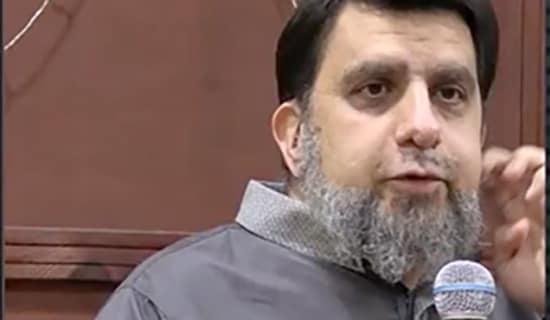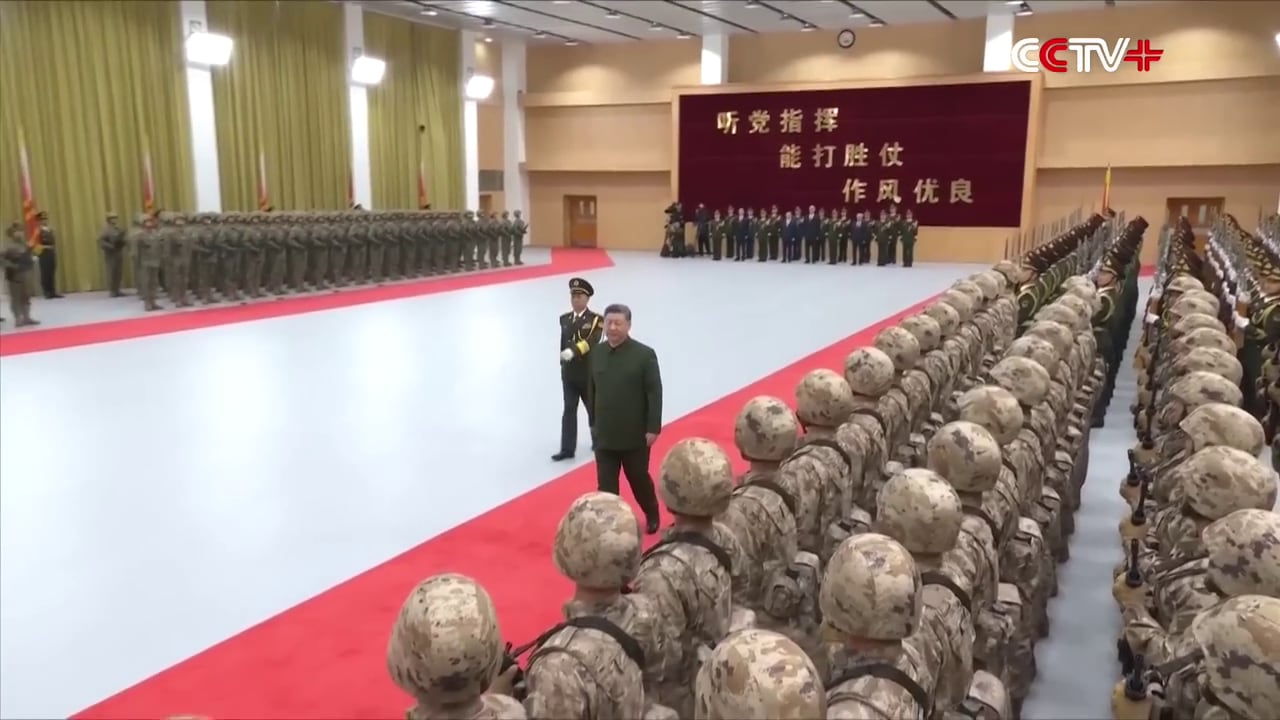
In an interview with the Saudi Rotana Khalijiyya TV channel, Prince Turki Al-Faisal, former Saudi ambassador to the U.S. and former chief of general intelligence, said that the U.S. and Saudi Arabia were experiencing a crisis of confidence. To U.S. President Obama, who, according to the prince, had "backtracked" on Middle East policy, Al-Faisal said: Wake up, sleepy one!
Following are excerpts from the interview, which aired on December 3, 2013.
Interviewer: You admire President Clinton but not President Obama?
Prince Turki Al-Faisal: Well, this is not a matter of admiration. I have nothing personal against Obama or any other president, but one judges these presidents on their accomplishments.
President Obama still has three years ahead of him until he concludes his term in office. During these three years, he will face tremendous challenges, due to the legacy left to him by his predecessor, President Bush.
[...]
Interviewer: Many people feel disappointed, and believe that we have incurred political defeats, especially with regard to the position of Obama and the U.S. on Syria.
Prince Turki Al-Faisal: This is undoubtedly true. I've often said and written this since President Obama was elected. At the beginning of Obama's first term in office, we encountered a president who called for an improvement in U.S. relations with the Arab world, who appointed a personal envoy to follow up on the Palestinian issue, and who publicly declared that Israel must stop what it calls "settlements," but what I call colonialism in the West Bank.
There is no doubt that he has significantly raised the morale. His address at Cairo University, in his first year as president, also raised the morale in a significant way.
Then, all of a sudden... This is to the best of my knowledge, since I wasn't privy to what went on in government circles at that time, because by then I had already retired... Then he backtracked...
Interviewer: What happened? Saudi-U.S. relations are as bad as they have ever been, I believe. We have relations, but they are not what they used to be.
Prince Turki Al-Faisal: Look, our relations with the U.S., or with any country, for that matter, go through ups and downs.
[...]
In [1973], there were veiled threats, published in the press and so on, that the U.S. was seriously considering occupying the oil fields in Saudi Arabia. The crisis in our relations with the U.S. was much worse than it is now.
I believe that our current crisis with the U.S. is a crisis of confidence.
[...]
Dealing with Iran is difficult. I once publicly described Iran – and I have no problem repeating it, especially in light of the economic situation there, the 45% inflation, unemployment of over 45%, and so on and so forth... I described Iran as a paper tiger with steel claws. Iran's domestic situation, in terms of the economy and the people, is bad, but Iran has steel claws, with which it can influence the situation, especially in Saudi Arabia.
If you consider Hizbullah in Lebanon, or some of the parties operating in Iraq, or the activity of Iran's proxies in Bahrain, and now in Syria... Iran has these steel claws that might injure you, but domestically, it is very weak.
[...]
Interviewer: What's your response [to Al-Zawahiri]?
Prince Turki Al-Faisal: I have no comment. Listen to wisdom even when it comes from the mouths of lunatics. This man sits in a cave God knows where and issues threats. I have nothing to say to him.
Interviewer: Mullah Omar did not kick you out [when you asked him to extradite Bin Laden]?
Prince Turki Al-Faisal: Allah be praised, I have witnesses. The head of Pakistani intelligence and others were there, and you can ask them.
[...]
In the summer of 2000 and then in the summer of 2001, before 9/11, a Taliban delegation was negotiating with the Americans in Texas about extraditing Osama Bin Laden to the Americans.
Interviewer: This was two years after the incident [with Mullah Omar]...
Prince Turki Al-Faisal: Right. Then 9/11 took place, and all these arrangements were cancelled.
[...]
Interviewer: What comes to mind when I show you a picture of U.S. President Barack Obama?
Prince Turki Al-Faisal: Wake up, sleepy one!
Interviewer: Let's hear it again, if you don't mind...
Prince Turki Al-Faisal: Wake up, sleepy one!
Interviewer: The next picture is of Iranian President Hassan Rohani.
Prince Turki Al-Faisal: I hope that you are speaking the truth. I know you are a man of his word.
[...]












